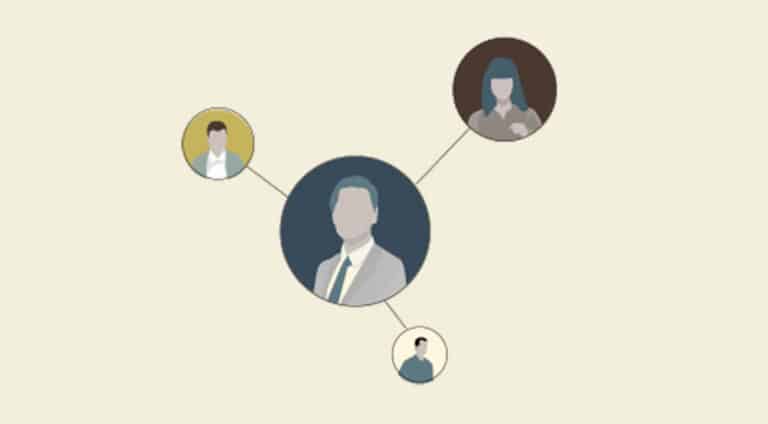Over the last few weeks here on the LAWCLERK blog I’ve written a few pieces on the democratization of access to legal information. First, I gave a quick primer on the idea of democratization of legal information. Then, I talked some about marketplaces and how they play a role in the democratization of legal information. Next I talked about money. And most recently I took a quick detour into some of the ethical issues around this democratization.
This post will hit everyone’s favorite topic these days, access, and I’ll try to convince you that marketplaces like LAWCLERK have a legitimate role to play in expanding access. Because they can.
Disparity in cost and expertise
There’s a lot to be said about economic disparity in the United States today but it’s irrefutable that there’s a fairly significant cost difference between many more urban locales (usually coastal) and those that are a bit less urban. One need look no further than the Clio Trends Report to see that that disparity exists in legal as well, with higher hourly rates in states like Connecticut, Florida, New York and California, and the lowest rates in states like West Virginia, Iowa, Montana and Kansas.
Beyond that there’s also the geographic distribution of expertise. It’s largely undisputed that the very best finance lawyers (or, to be even more specific, lawyers for investment banks) probably work on or near Wall Street. The lawyers with the deepest technology expertise probably work the San Francisco Bay Area. Those with the greatest experience with the petroleum industry are probably in Texas. And so on. But beyond geography-specific-specialization it’s also true that specific geographies are blessed with certain expertise while others are not for no particular rhyme or reason.
Disparity + internet = cheaper legal services and broader access to specific expertise
Combining these disparities in cost or expertise with the power of the internet means there’s significant potential for the delivery of and access to legal services.
The most obvious opportunity is the price arbitrage between high cost and low cost legal markets. Differences in state and local law can be incredibly important. Sometimes esoteric local rules can be the most problematic for those of little or no means, but it’s also true that many jurisdictions have adopted model statutes and have leveraged best practice regulation. This makes it possible for an outsourced legal professional who is experienced in research and writing but not necessarily with the rules of a specific jurisdiction to assist in solving a given problem regardless of where that outsourced professional may be located or the specific law with which they may be familiar. Similarly, in some cases licensed lawyers have relocated from more expensive legal markets to less expensive ones but retained their license in the more expensive jurisdiction. In either case, a legal services provider in a more expensive jurisdiction can leverage an online marketplace (like LAWCLERK) to outsource work to less expensive but no less competent resources who would, except for geographic distance, be willing and able to assist.
Online marketplaces like LAWCLERK also make specific expertise more broadly available such that those who are located in areas that otherwise wouldn’t have access to specific types of expertise – say civil rights, veterans, or other specific practice areas – can be more readily accessed.
The dream
In brief, online marketplaces can help reduce the cost of the delivery of legal services and they can help reduce the cost of access to otherwise hard to access expertise. The result is the possibility of greater access to lower cost legal services and higher quality legal services.
Now, let me short-circuit one specific argument that you’ll probably make right out of the gate: yes, it’s true that this capability exists without online marketplaces like LAWCLERK. The internet already connects people who might not otherwise find each other. However, by capitalizing upon self-interest, marketplaces are very effective at bringing a large volume of users to a given online location. This helps insure that when those seeking expertise come to a marketplace they can find it. Further, marketplaces also facilitate quality control both managed by the marketplace and, as is common in many other online marketplaces, self-policed by marketplace participants in the form of reviews and online feedback.
Listen, neither LAWCLERK nor online marketplaces are the silver bullet that will solve the issues of access in our society. They’re probably not even close. That said, their power to lower the cost of access to services and the barriers to expertise should not be ignored.



















